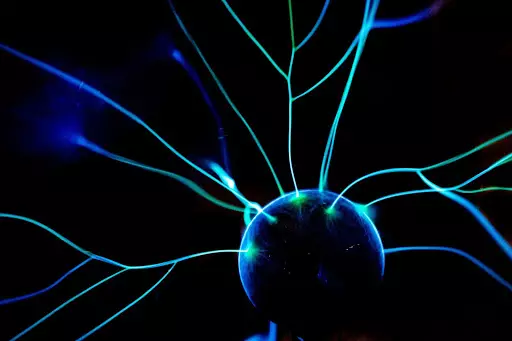Decentralized Autonomous Organizations (DAOs) have revolutionized the traditional business model of centralization, offering a promising alternative that empowers community members and promotes transparency. While DAOs have gained traction due to the advantages offered by blockchain technology and intelligent alignment of incentives, scalability remains a significant challenge. In response to this challenge, the concept of SubDAOs has emerged as a solution to maintain efficiency and effectiveness as the community grows. This article explores the role of SubDAOs and their potential to enhance scalability within DAOs.
Historically, centralization has been the dominant business model, where a central authority makes decisions and controls all aspects of the organization. However, DAOs challenge this paradigm by empowering individuals to align their interests with the platform and actively participate in decision-making processes. Unlike traditional public companies with a limited number of shareholders, DAOs allow stakeholders to propose ideas and vote on them, creating a more inclusive and democratic environment.
The power of blockchain technology, coupled with intelligent incentives, forms the foundation of DAOs. With the use of smart contracts and automation, DAOs ensure transparency and remove the potential for corruption or centralized control. By monetizing stakeholders’ interests, DAOs foster continuous improvement and growth. This combination of transparency, automation, and incentivization sets DAOs apart from political, social, and religious organizations that have struggled to achieve true decentralization.
While DAOs offer numerous benefits, scalability is a prominent concern as the community expands. As more individuals join and contribute to the decision-making process, the effectiveness and efficiency of the DAO can be diluted. Issues arise when a large number of participants try to weigh in on specialized topics, causing information overload and potentially leading to uninformed decisions. Maintaining the essence of a DAO while ensuring scalability requires innovative solutions.
SubDAOs offer a potential solution to the scalability challenges faced by DAOs. These substructures within DAOs focus on specific scopes of responsibility, allowing for more targeted decision-making and enhanced efficiency. A notable example is the Operations SubDAO developed by the dYdX Foundation. Initially established as an Operations Trust handled by selected individuals, the DAO later voted to transform it into a SubDAO with allocated resources and clear responsibilities.
The primary benefit of organizing efforts through SubDAOs is scalability. By separating specialized areas of focus, DAO members can choose to participate in SubDAOs aligned with their interests and expertise. This selective participation ensures that only experienced and knowledgeable individuals are involved in decision-making processes, thereby reducing the risk of uninformed choices and promoting effective progress.
Furthermore, SubDAOs address the challenge of information overload. Instead of inundating all DAO members with proposals, SubDAOs target specific topics or operations. This targeted approach allows members to engage with proposals that directly concern them, preventing the dilution of decision-making power and avoiding potential groupthink mentalities. The creation of SubDAOs ensures that decisions are made by those best equipped to drive progress and make informed choices.
Despite their numerous benefits, SubDAOs present certain risks that must be carefully considered. One potential risk is the concentration of power within a small group of individuals. If a SubDAO is established with only a few members who control the voting process, disproportionate power can be granted to this minority. To mitigate this risk, it is crucial to ensure that SubDAO members possess the necessary expertise and align with the overall goals of the platform. By selecting experienced individuals and aligning their interests accordingly, the potential for misuse of power can be minimized.
Moreover, the allocation of budgets and the selection of trusted individuals within SubDAOs requires careful thought and consideration. It is essential to establish clear guidelines and criteria for budget allocation and entrustment to avoid any conflicts of interest or mismanagement of resources. By proactively addressing such issues, DAOs can harness the full potential of SubDAOs while mitigating potential risks.
As DAOs continue to grow in popularity and reach critical mass, the creation of SubDAOs is expected to become more prevalent. This expansion will undoubtedly pave the way for breakthroughs, lessons learned, and the establishment of best practices to ensure that DAOs embody the true essence of decentralized organizations. With careful planning and consideration, SubDAOs can enhance scalability and efficiency within DAOs, fostering continued innovation and growth.
DAOs provide a decentralized alternative to the traditional centralized business model. The emergence of SubDAOs offers a solution to overcome the scalability challenge faced by DAOs as their communities grow. By creating targeted substructures within DAOs, the efficiency and effectiveness of decision-making processes can be preserved. SubDAOs allow for specialized focus, reduced information overload, and selective participation, ensuring that knowledgeable individuals drive progress and make informed decisions. However, it is crucial to carefully address the risks associated with SubDAOs, such as concentration of power and resource management. With the adoption of best practices and the continuous evolution of DAO frameworks, SubDAOs have the potential to revolutionize decentralized organizations and foster sustainable growth.


Leave a Reply